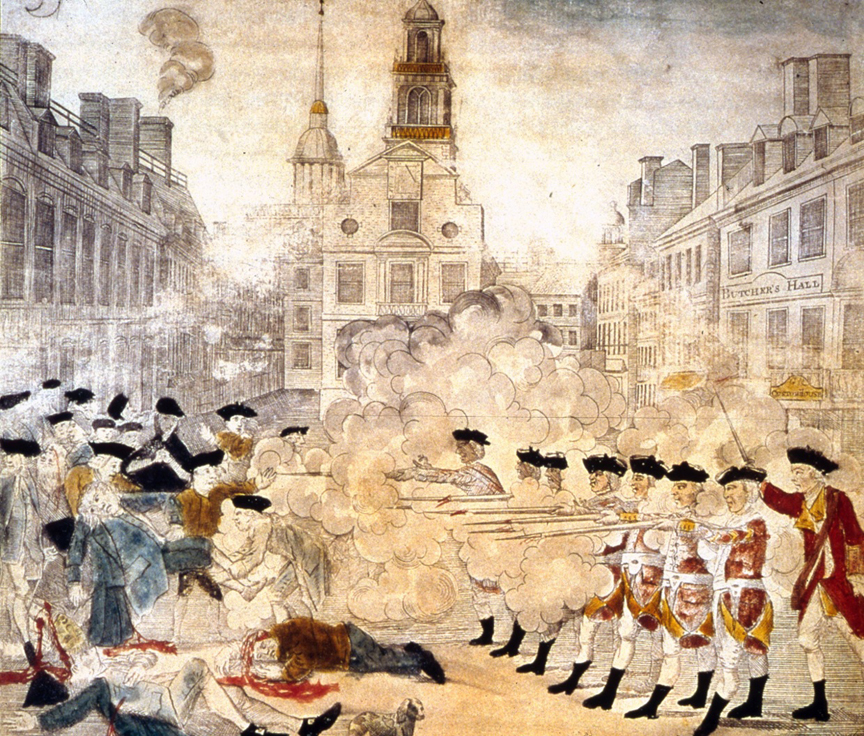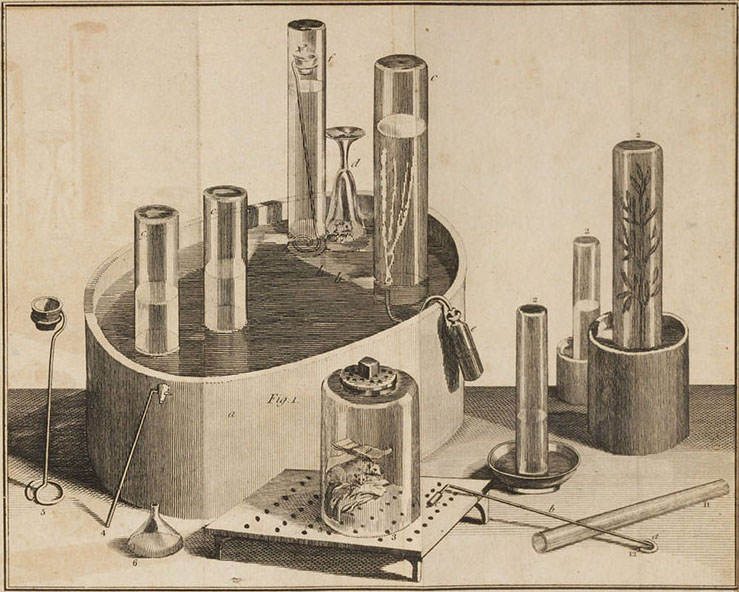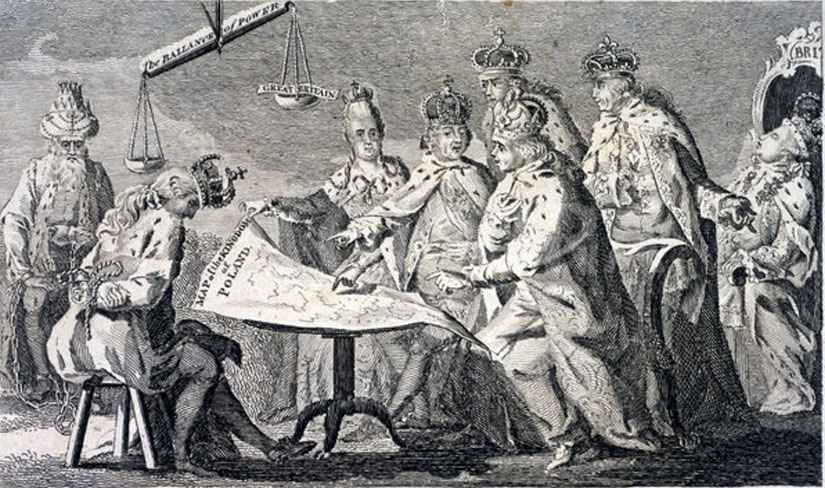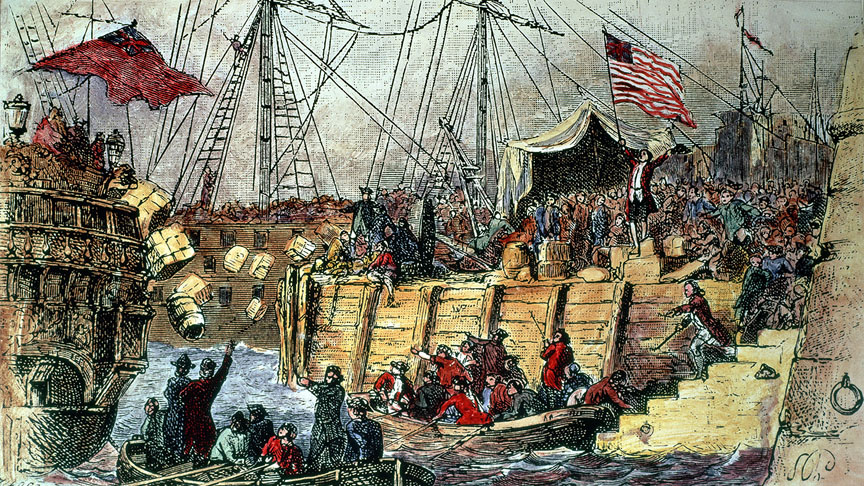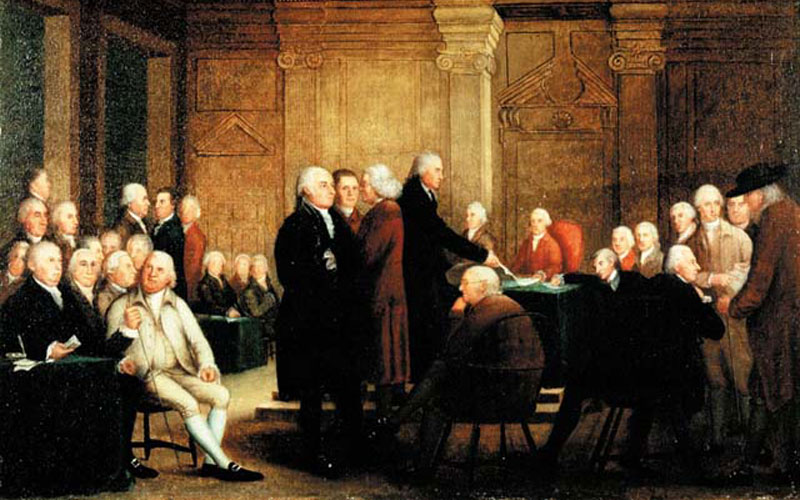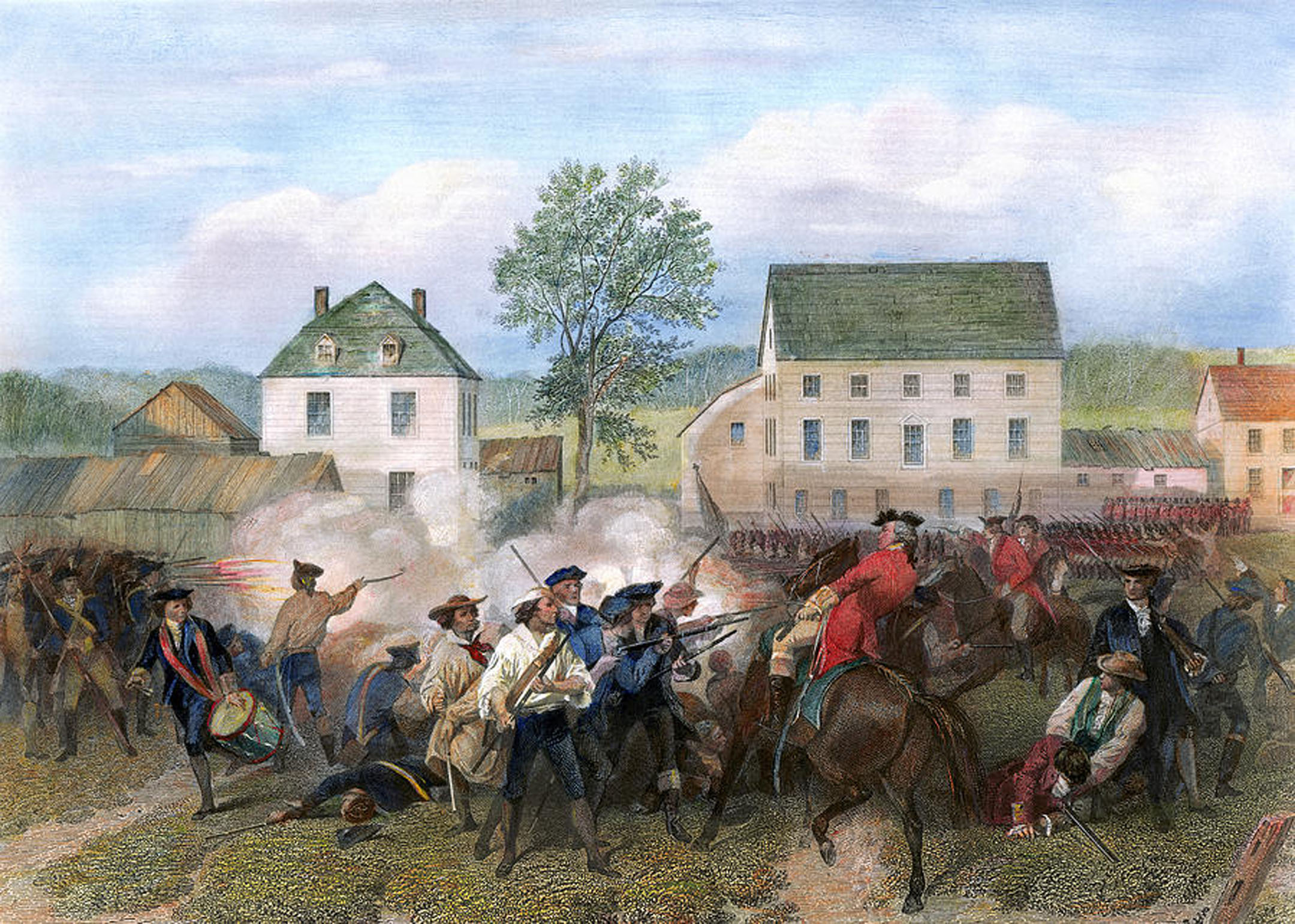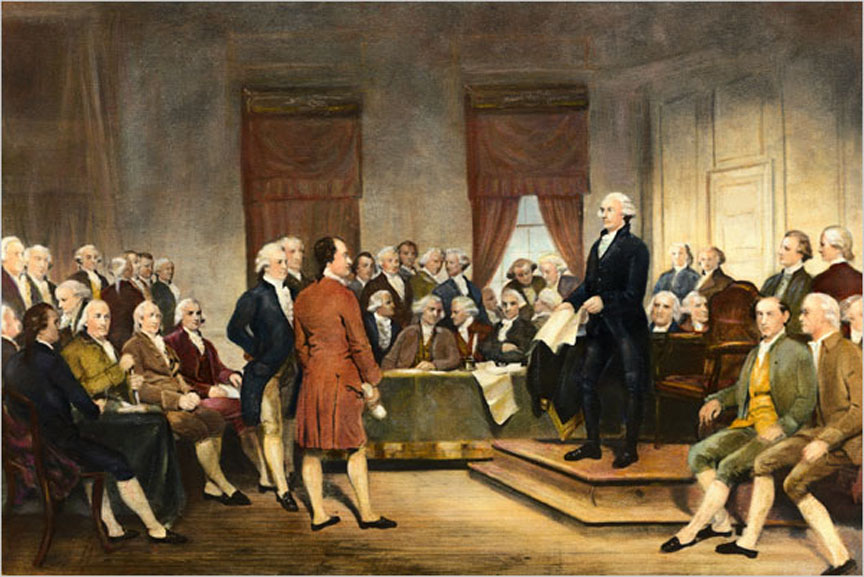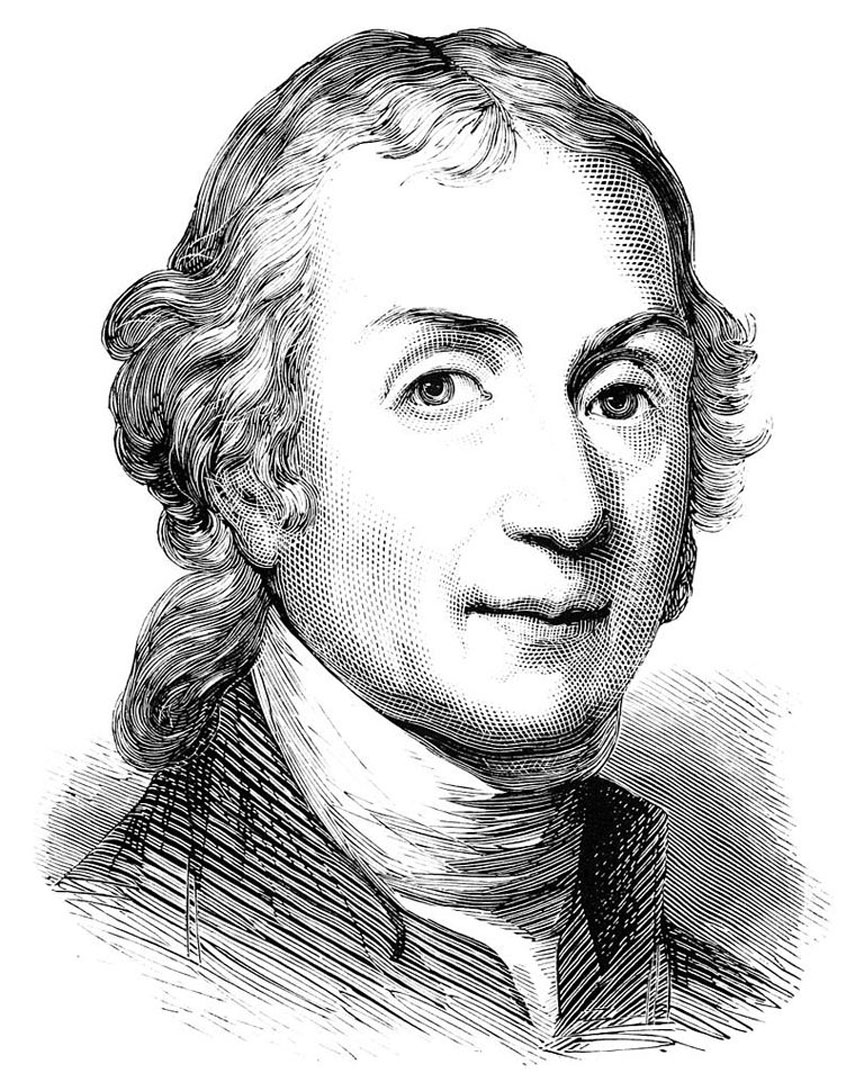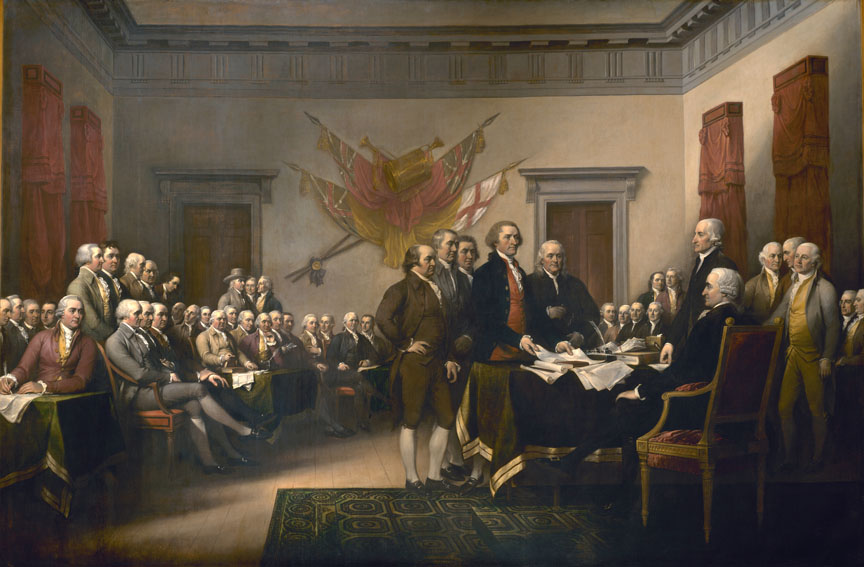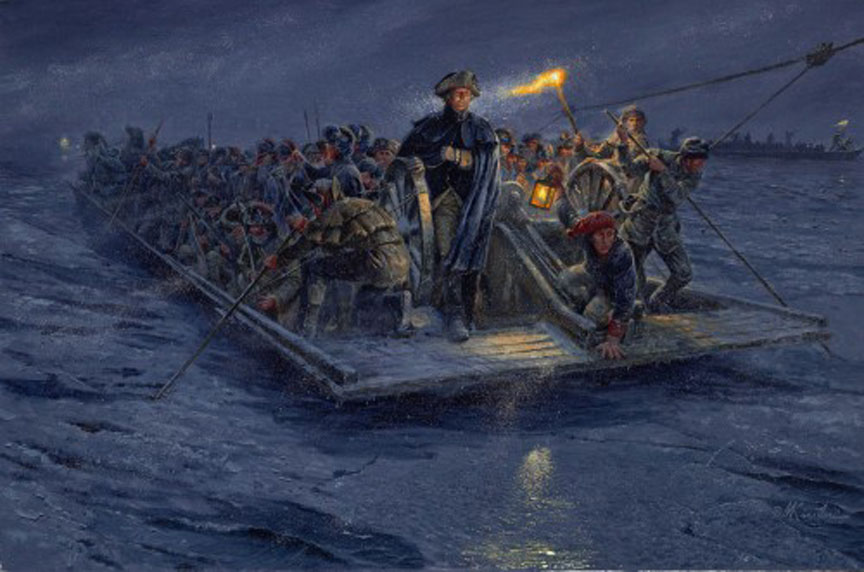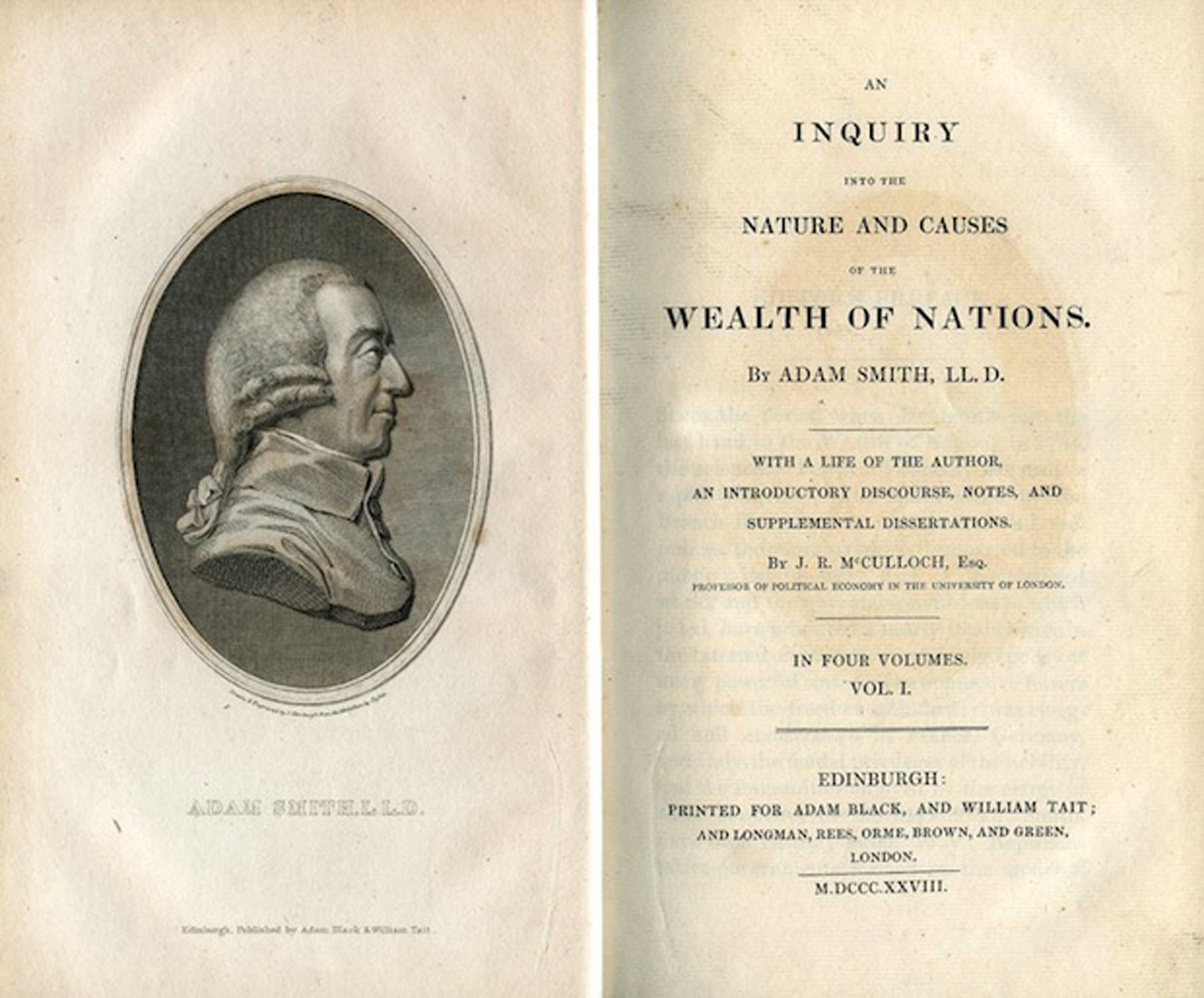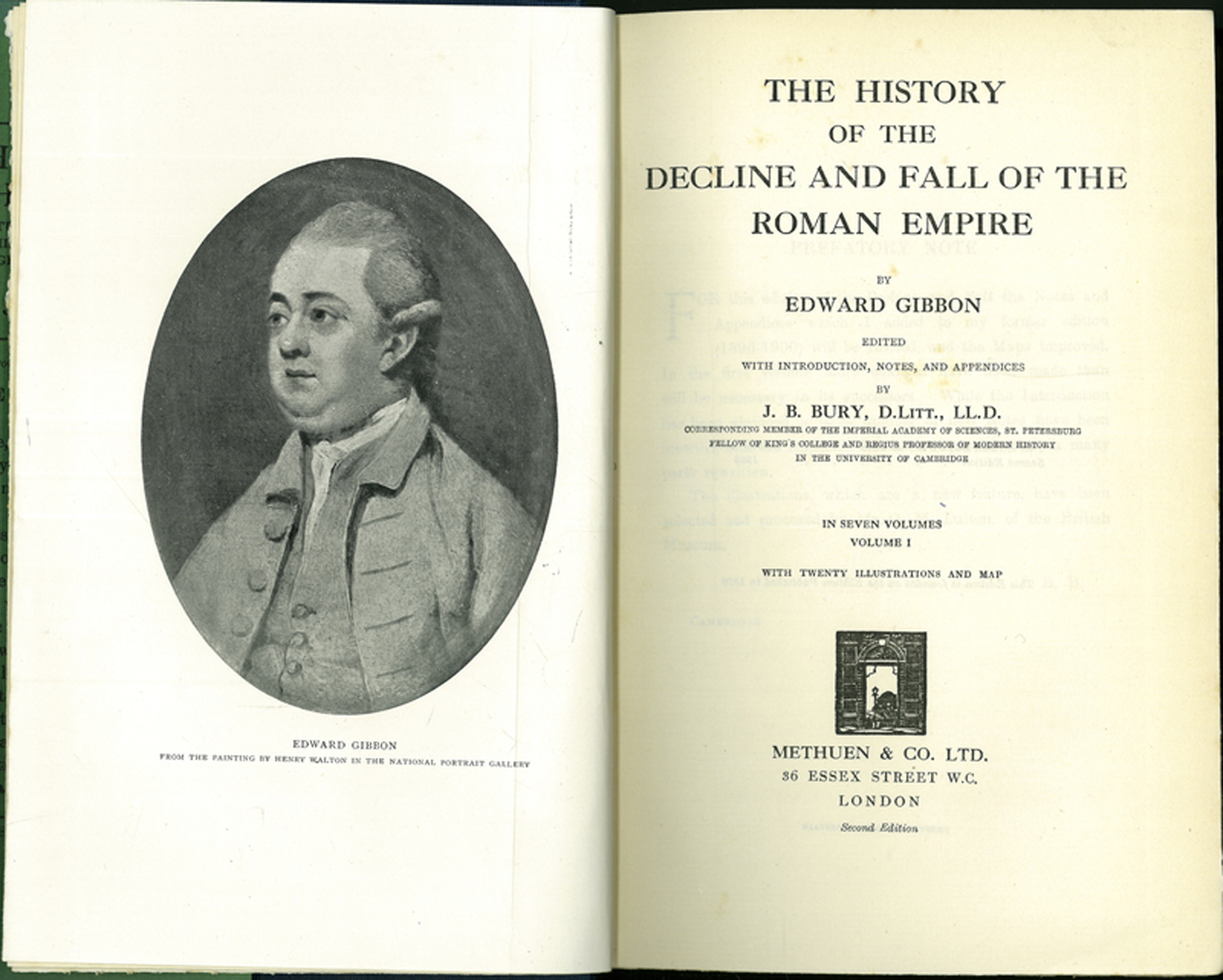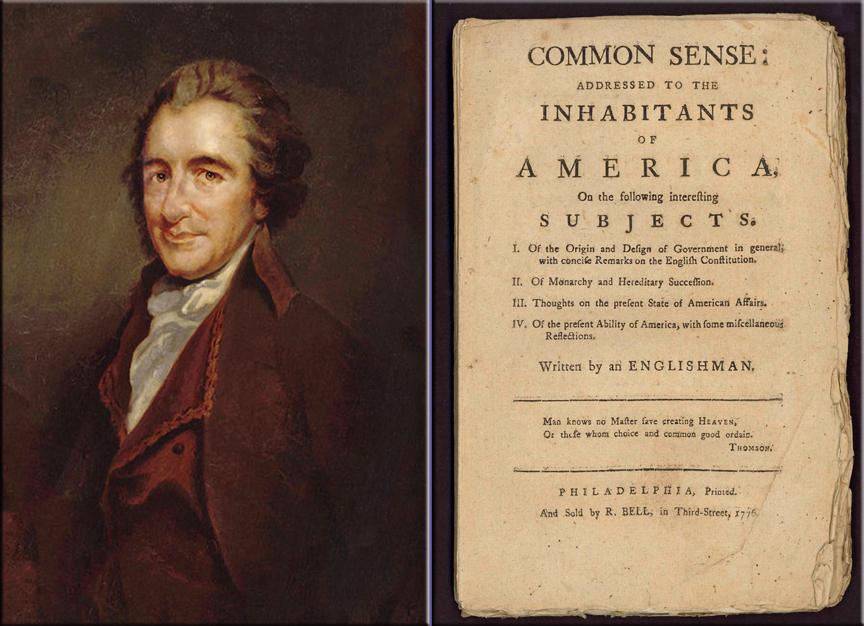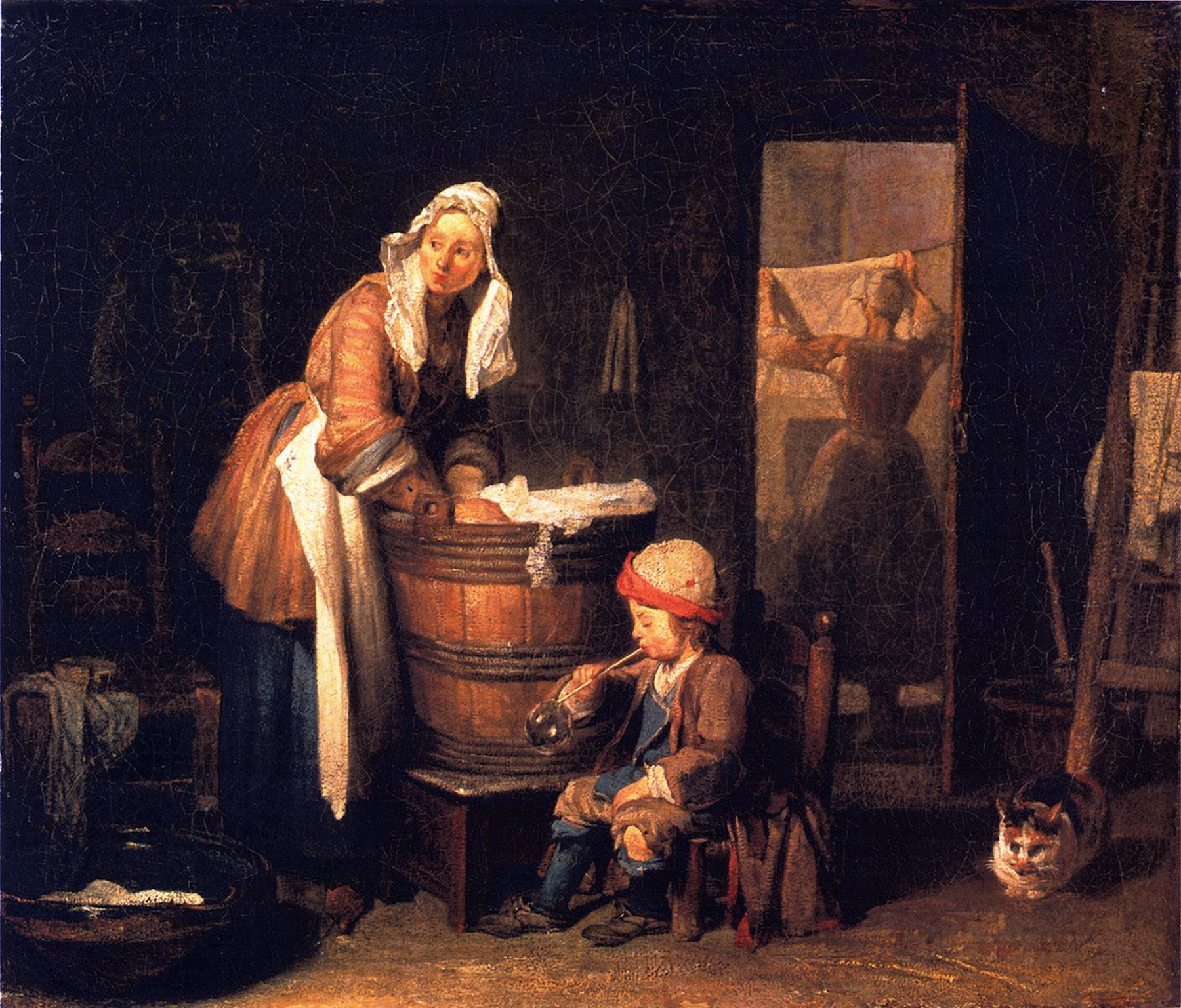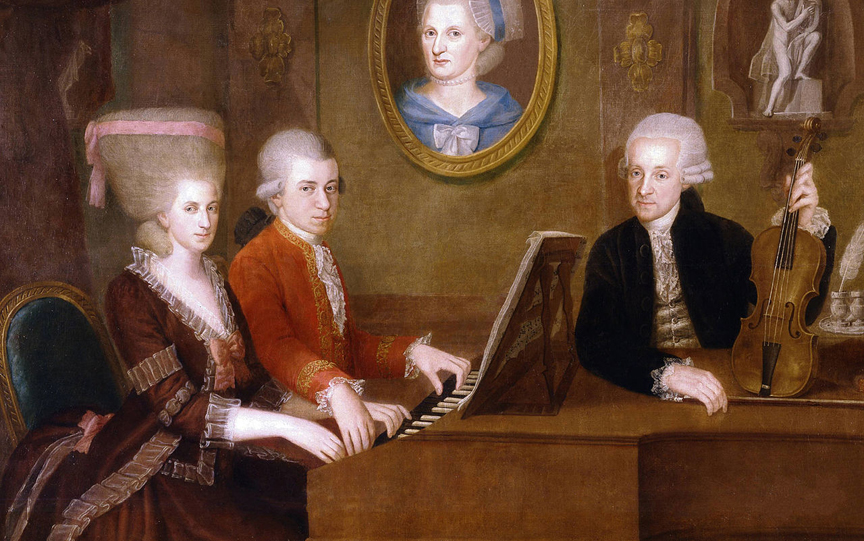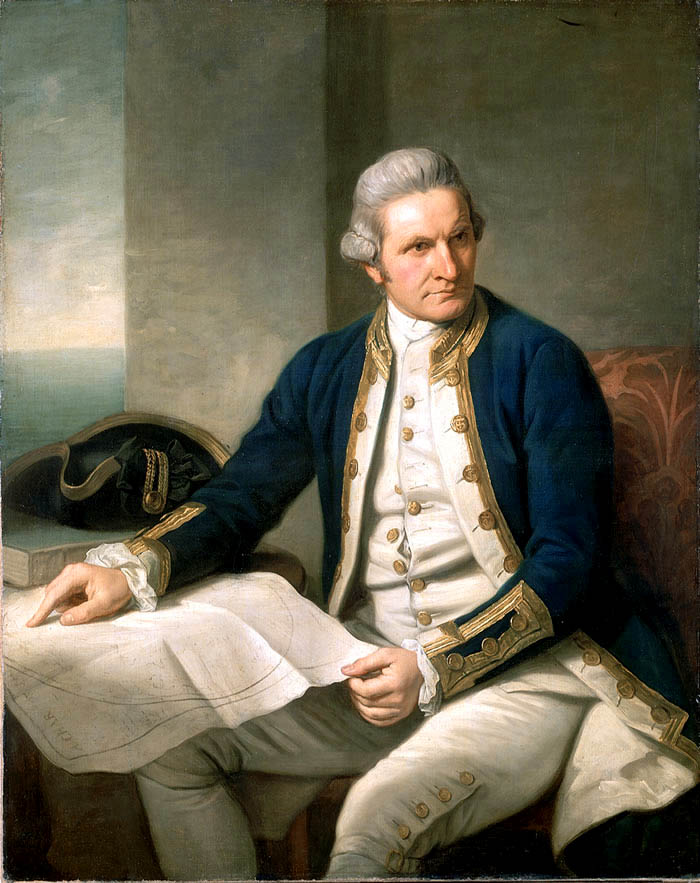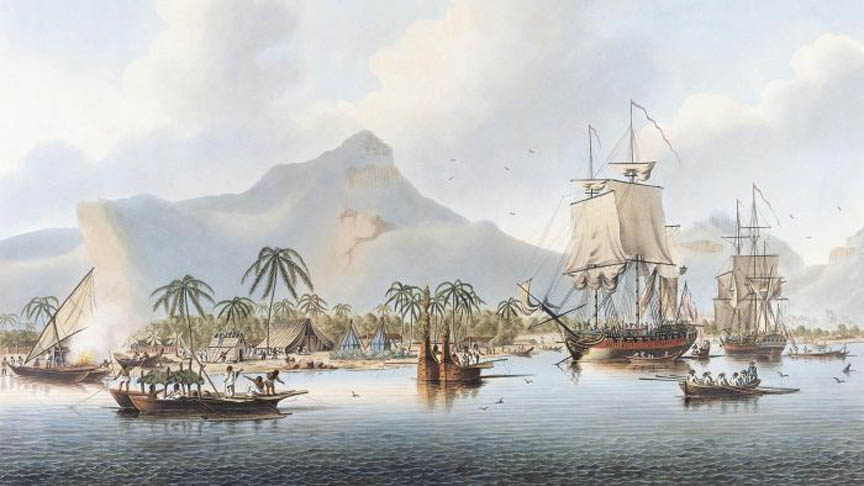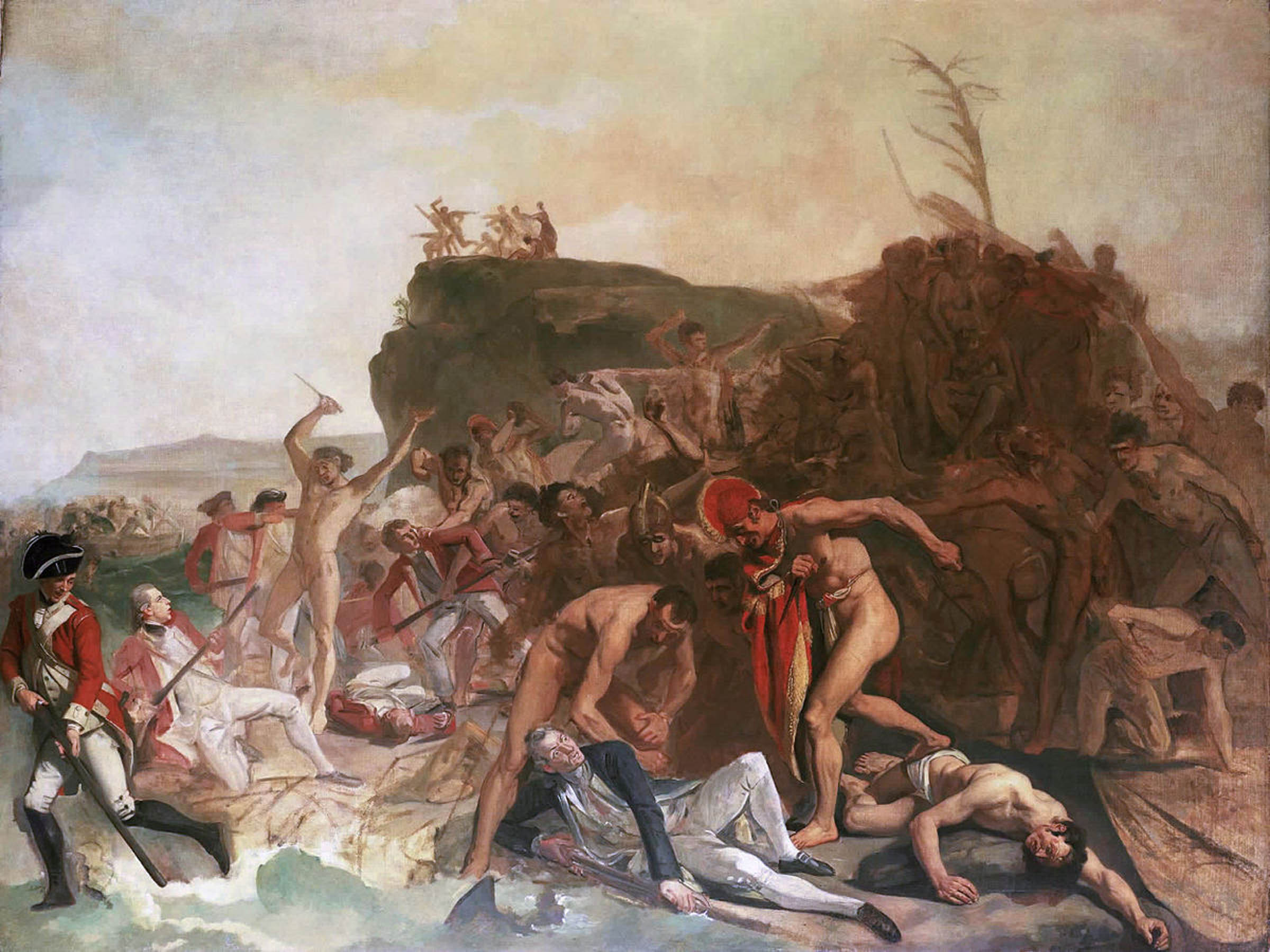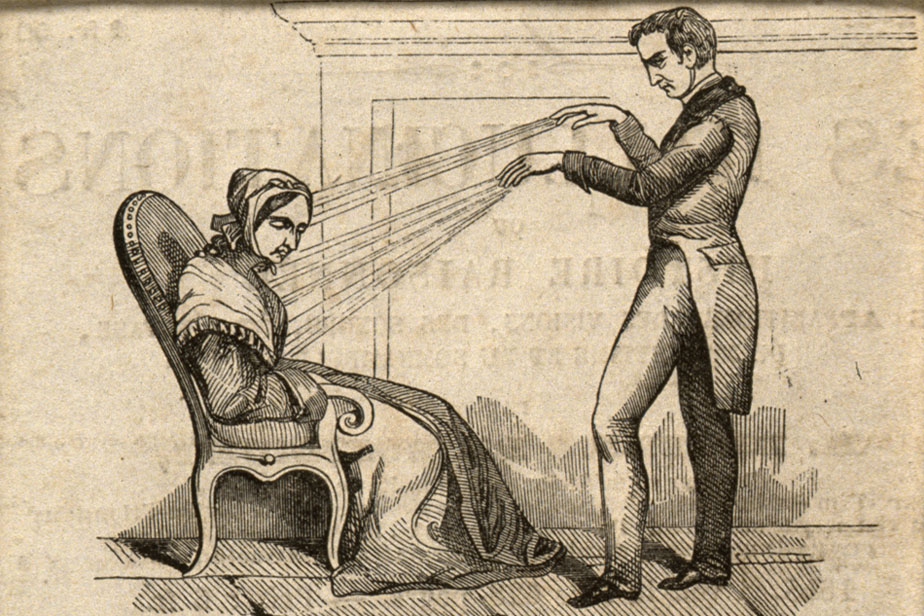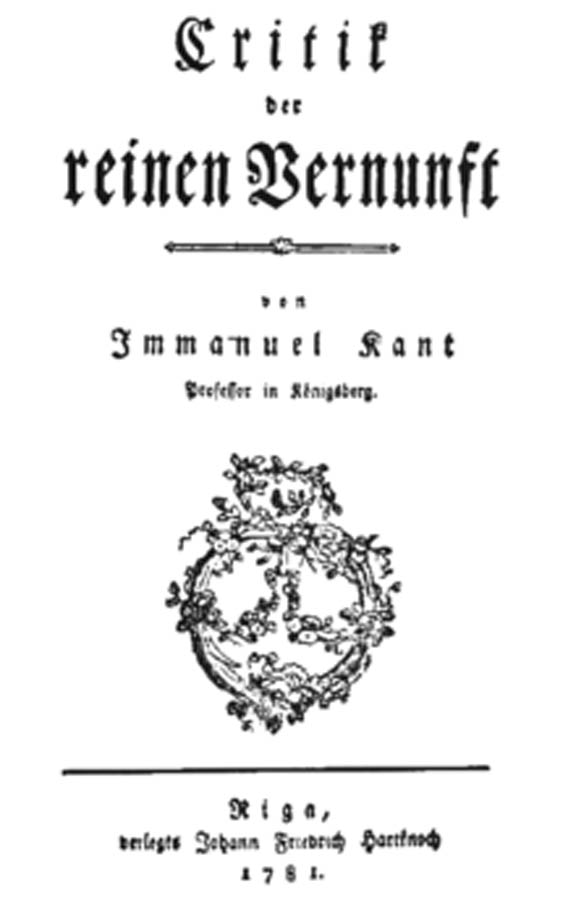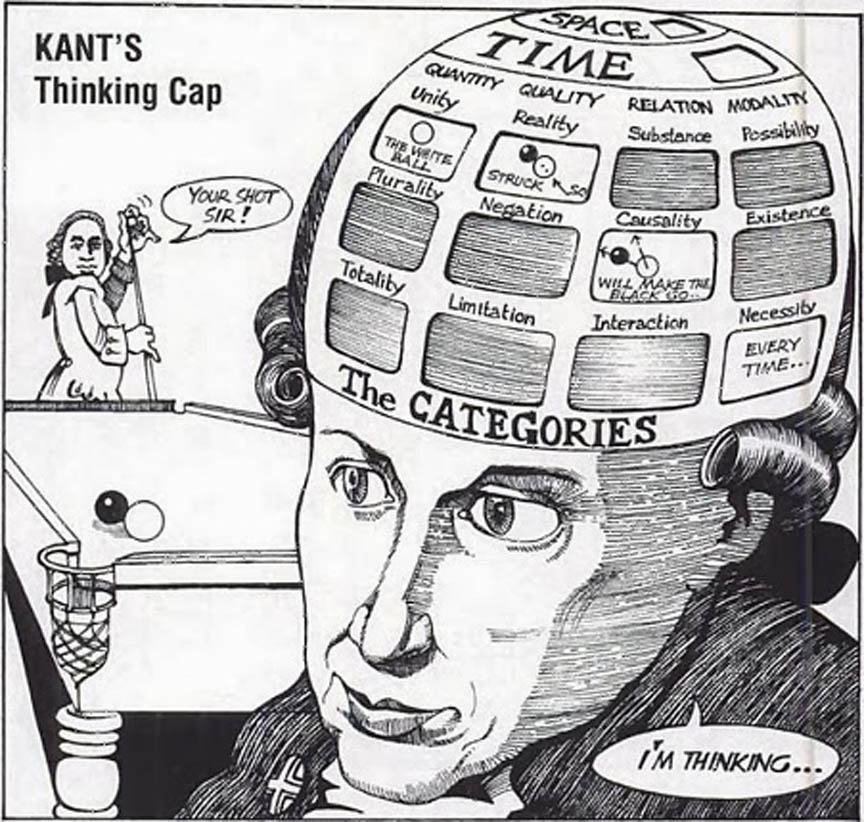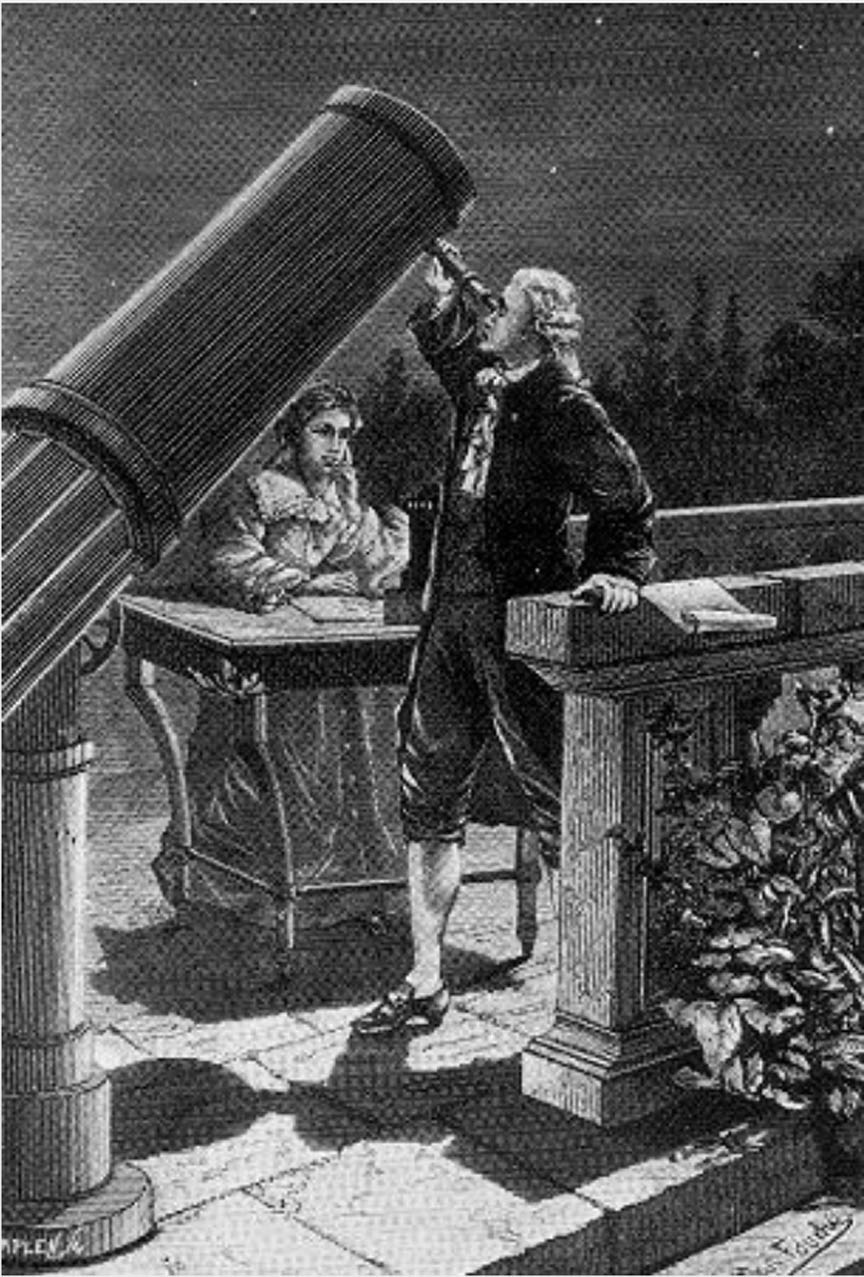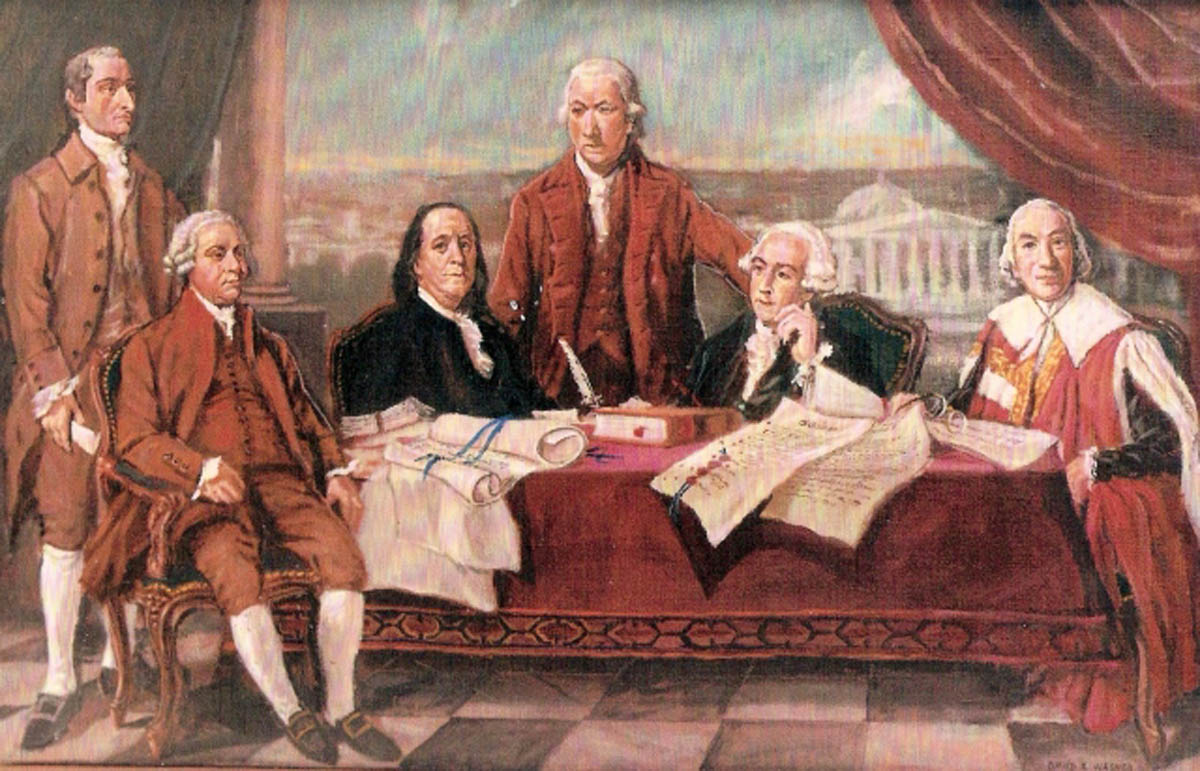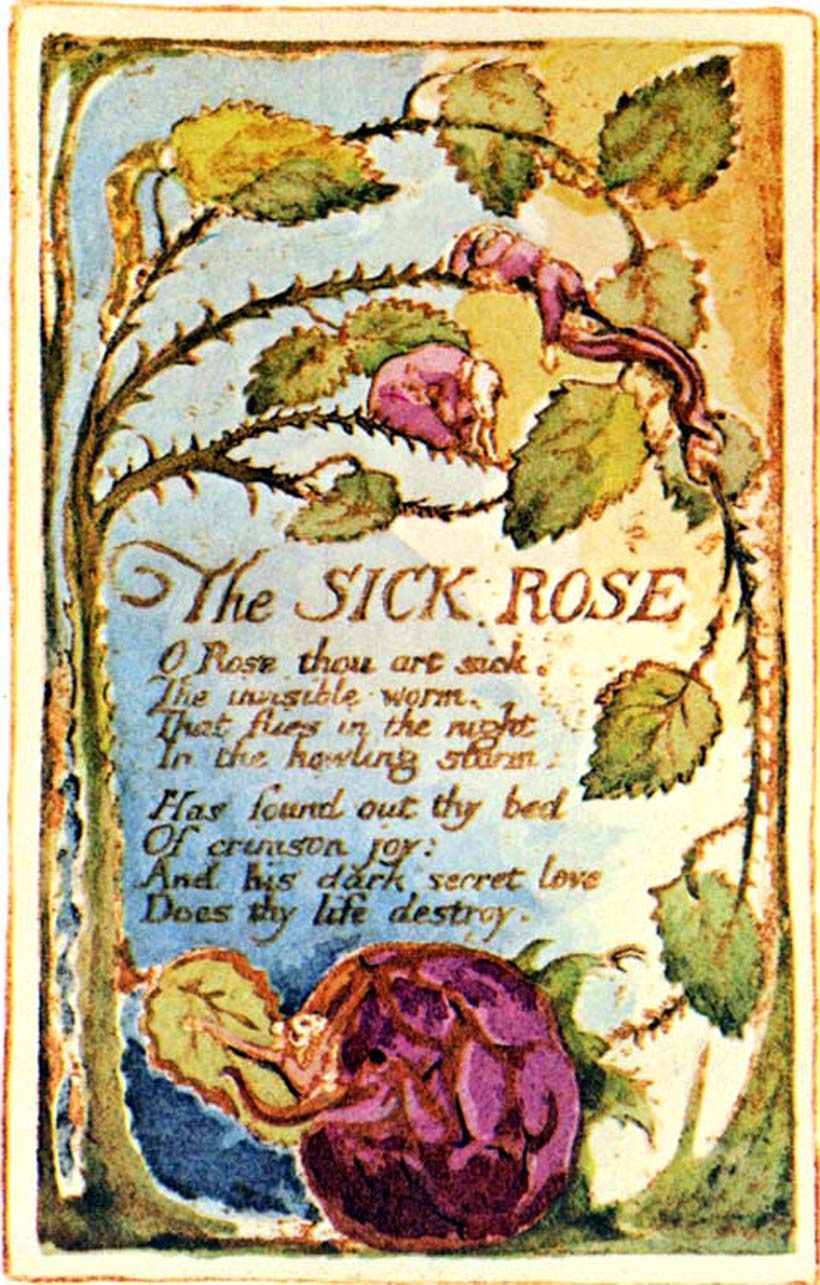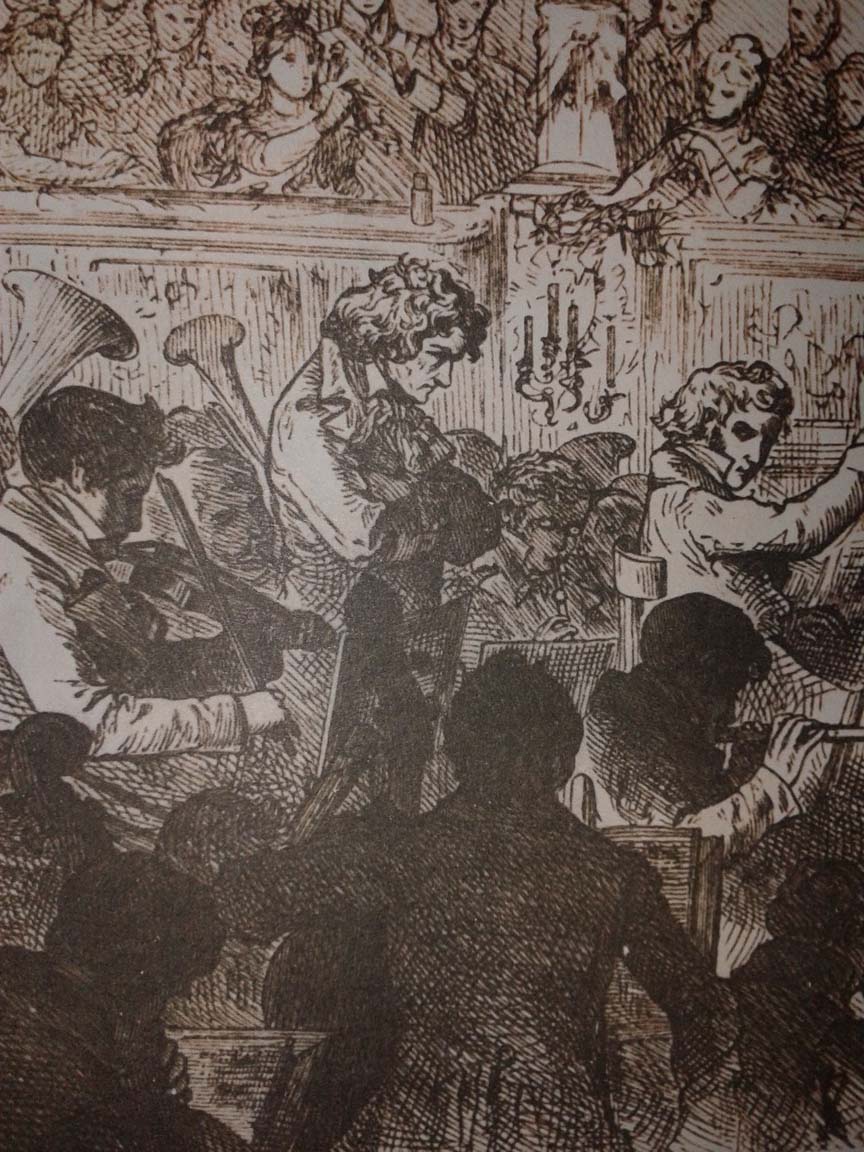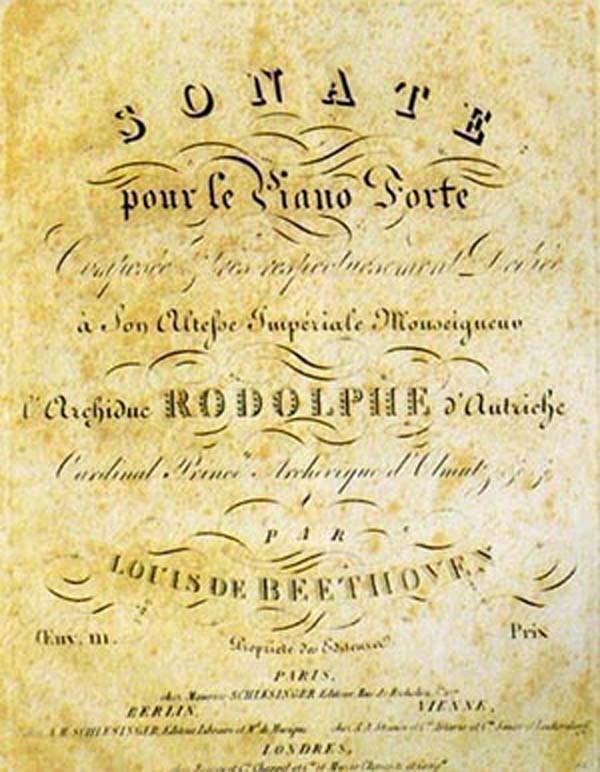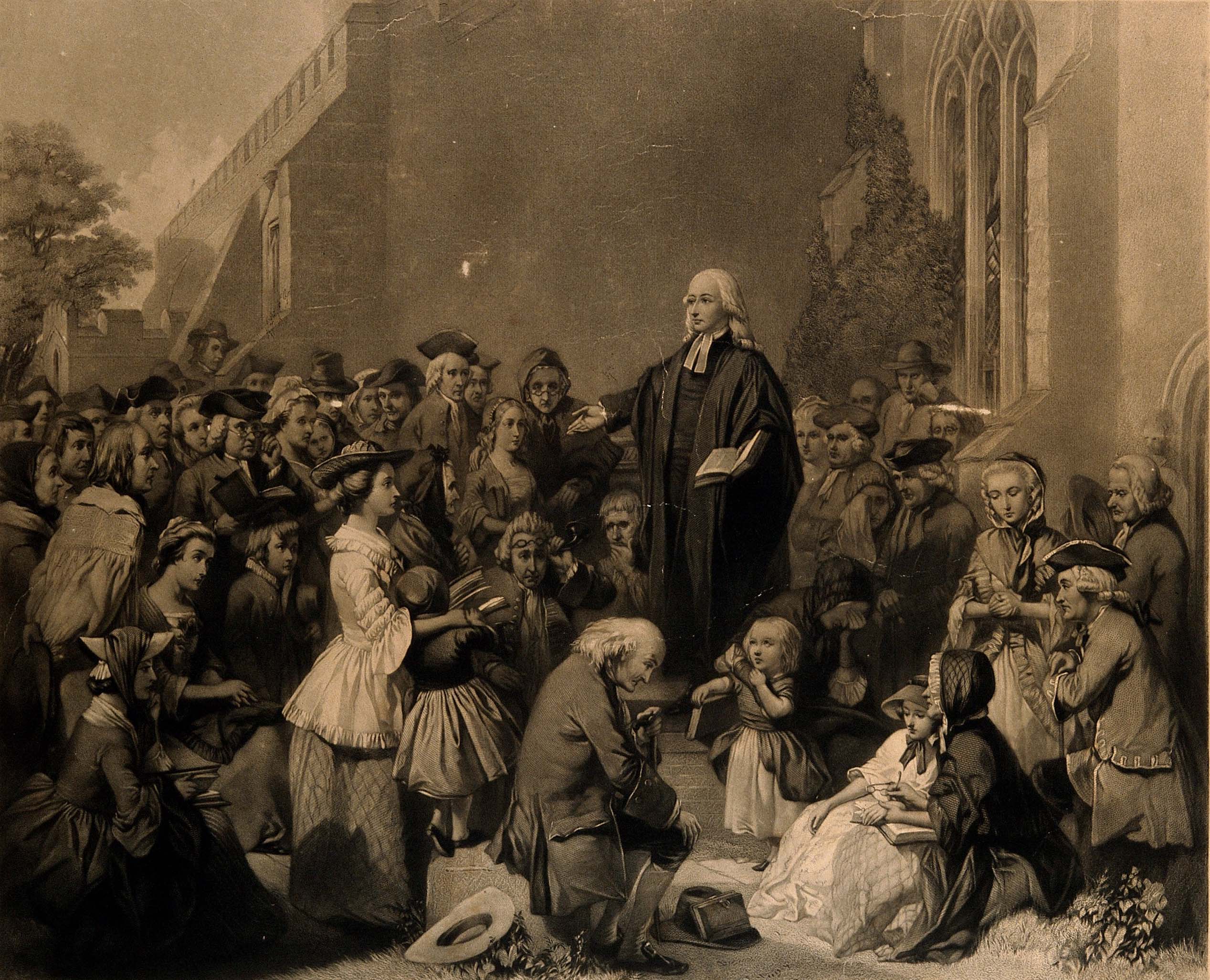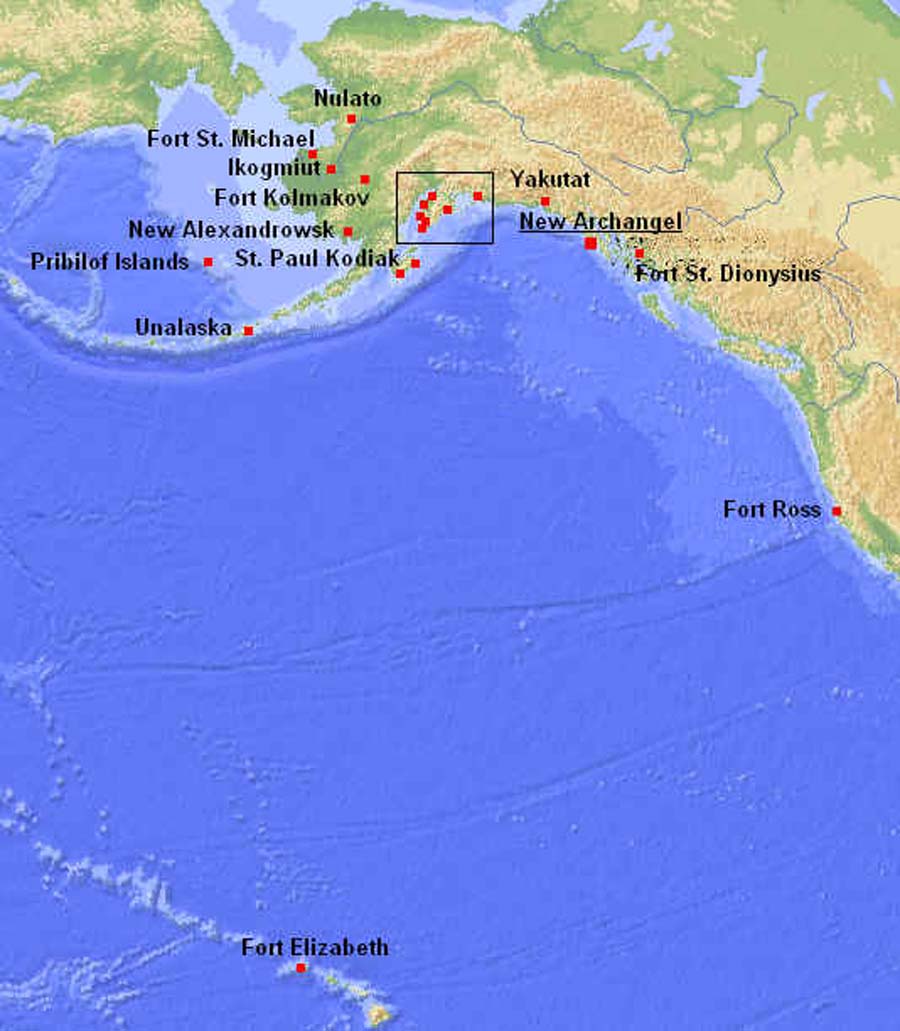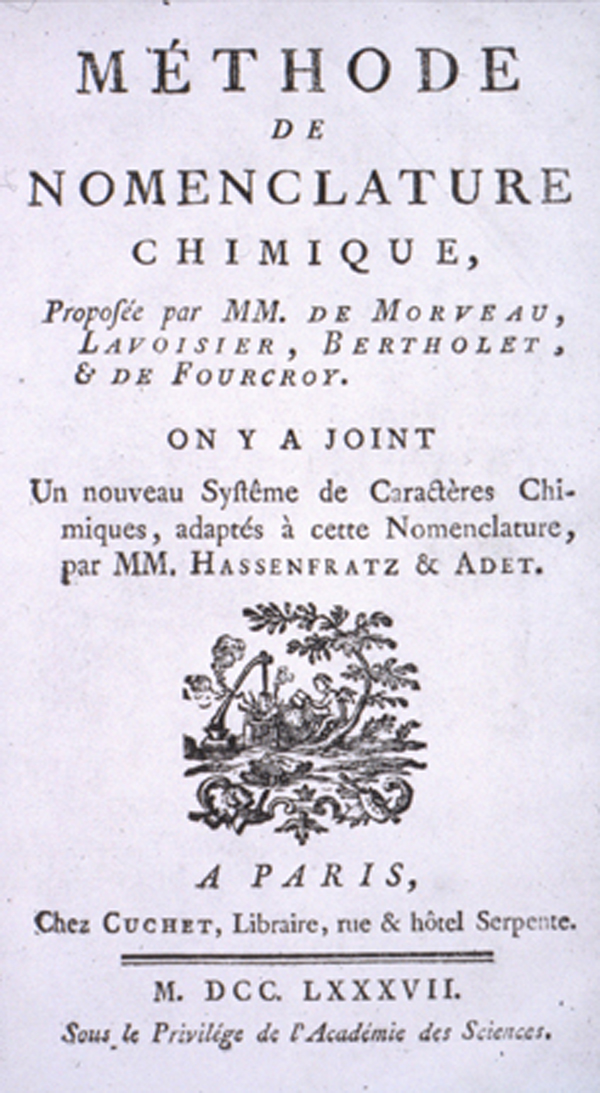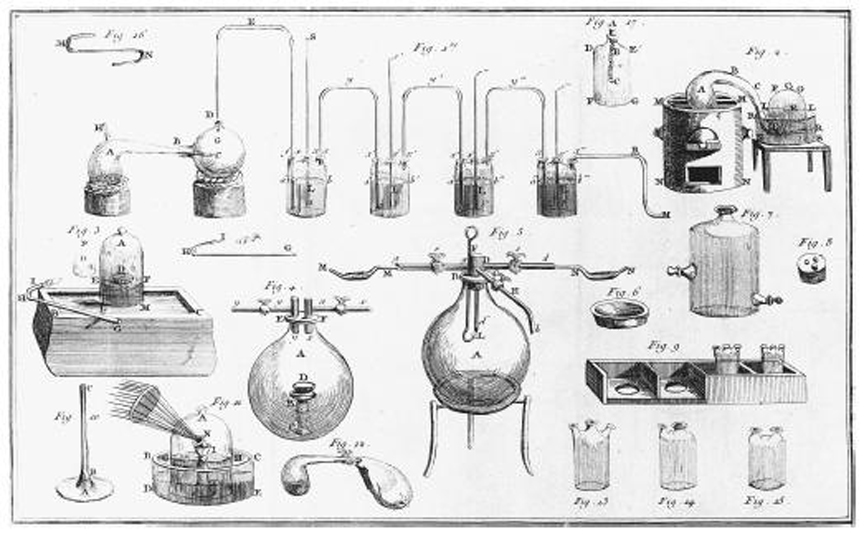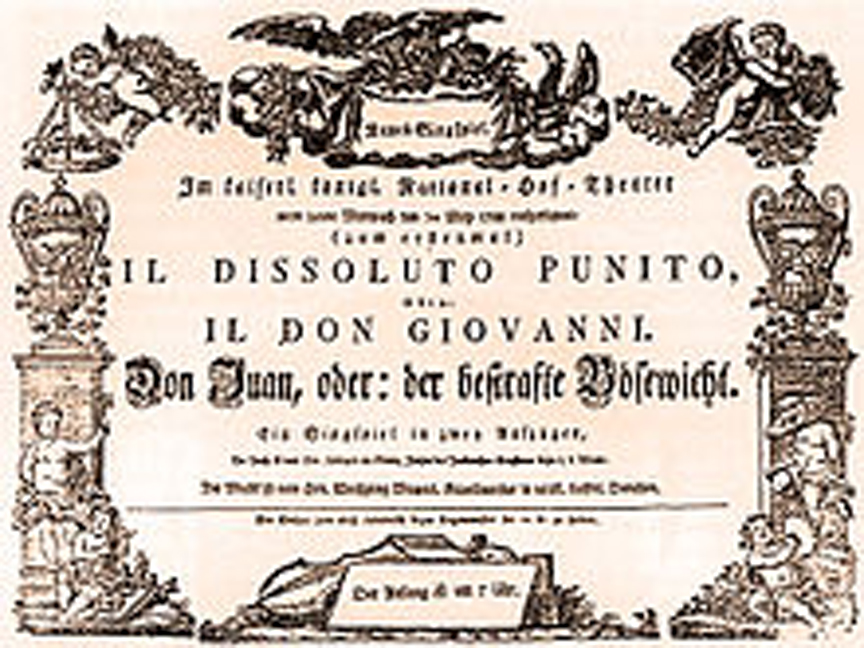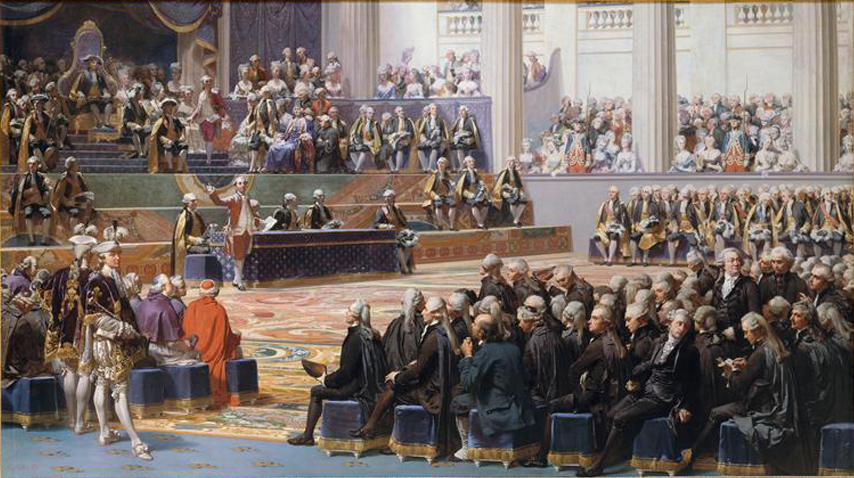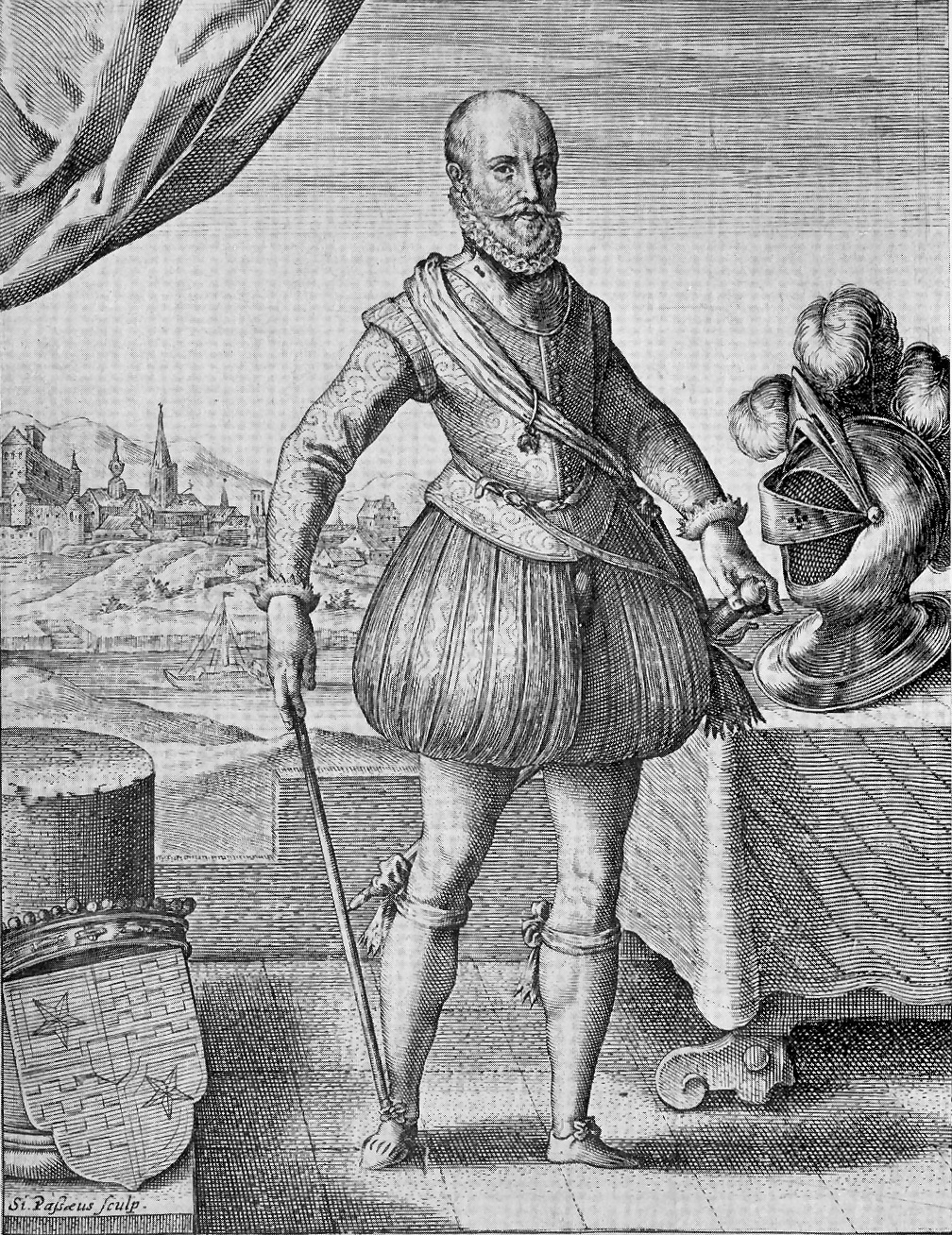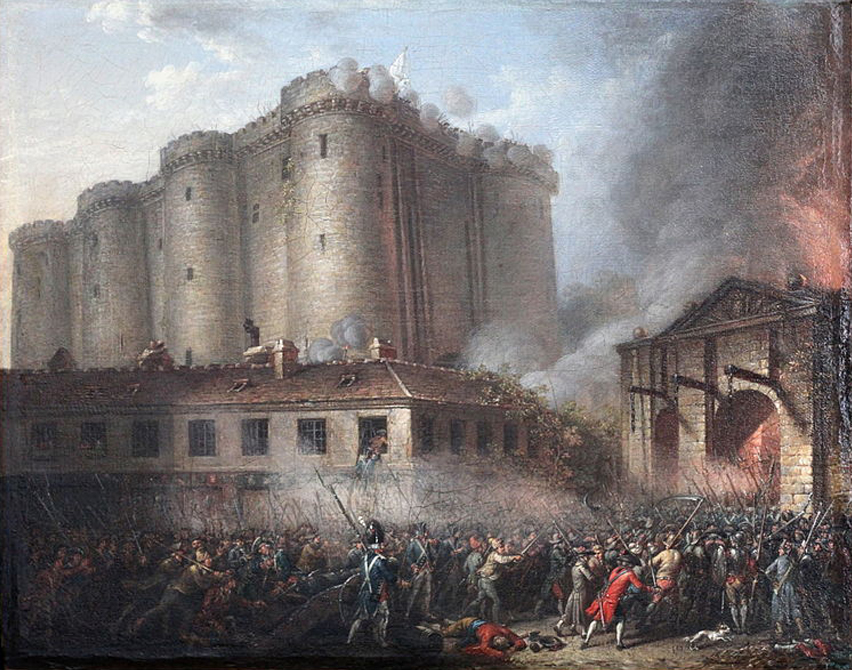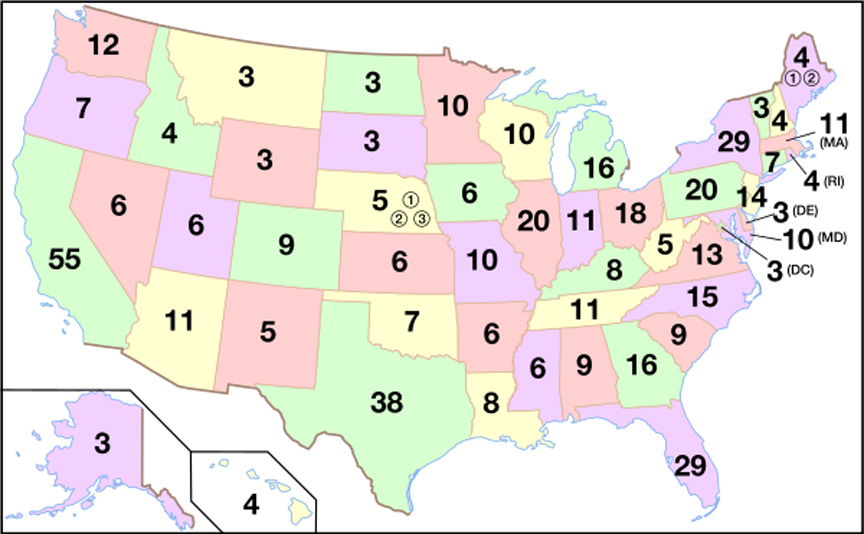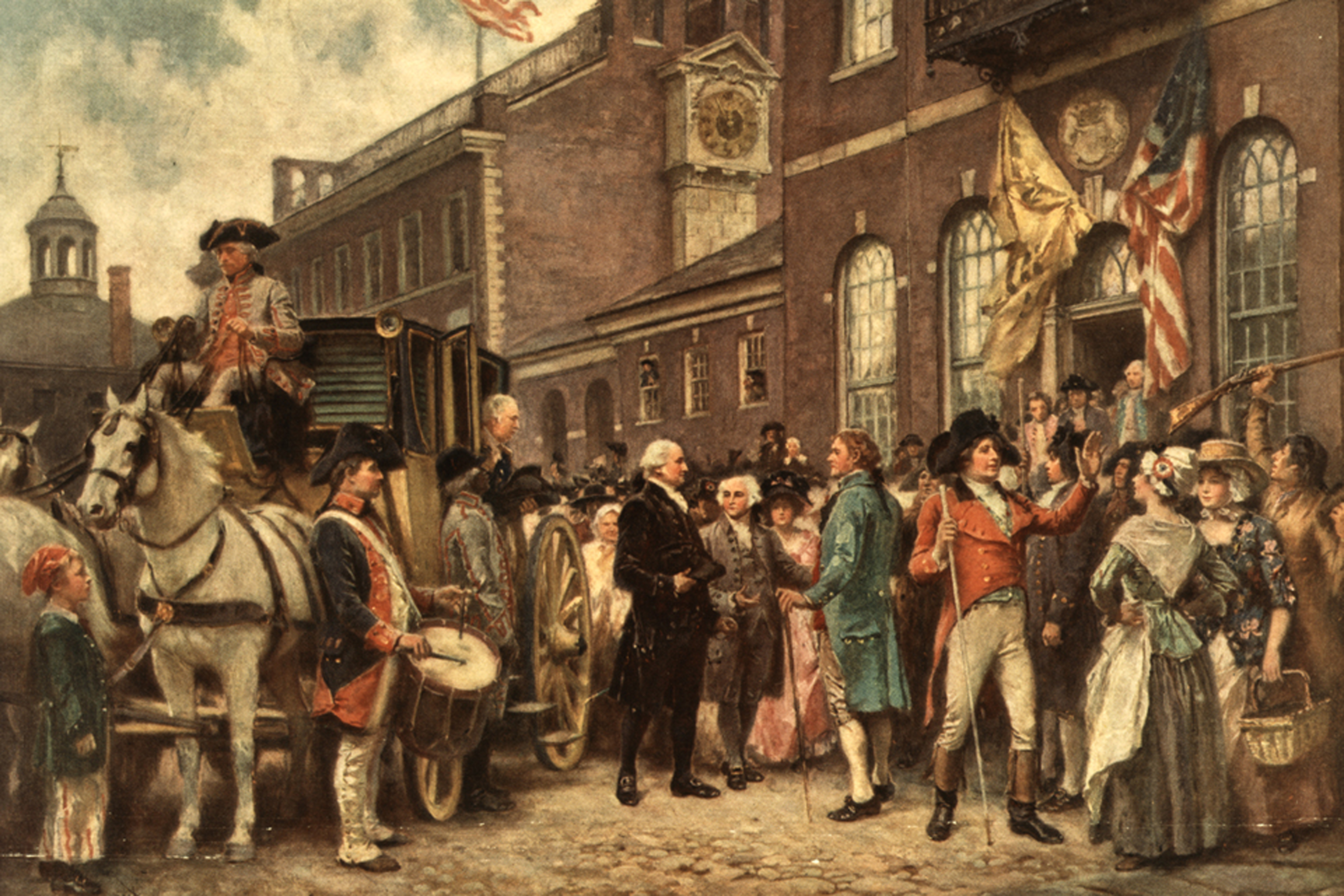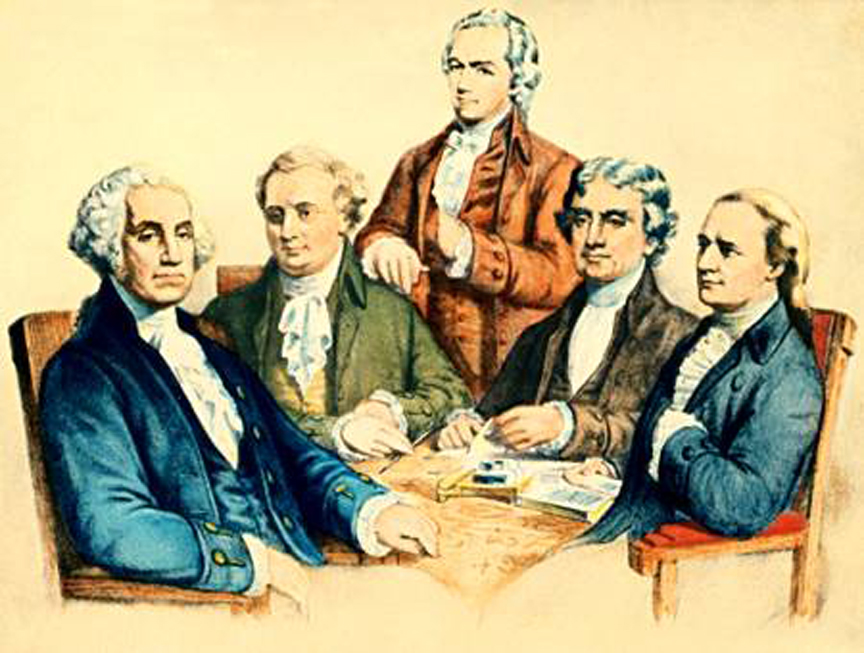1770
The Boston Massacre.
1772
Joseph Priestley and Daniel Rutherford independently discover nitrogen.
Partition of Poland—in 1772, 1793, and 1795, Austria, Prussia, and Russia divide land and people of Poland, end its independence.
1773
The Boston Tea Party.
1774
First Continental Congress drafts “Declaration of Rights and Grievances.”
1775
The American Revolution begins with battle of Lexington and Concord.
Second Continental Congress.
Priestley discovers hydrochloric and sulfuric acids.
1776
Declaration of Independence.
Gen. George Washington crosses the Delaware Christmas night.
Adam Smith’s Wealth of Nations.
Edward Gibbon’s Decline and Fall of the Roman Empire.
Thomas Paine’s Common Sense.
Fragonard’s Washerwoman.
Mozart’s Haffner Serenade.
1778
Capt. James Cook discovers Hawaii.
Franz Mesmer uses hypnotism.
1781
Immanuel Kant’s Critique of Pure Reason.
Herschel discovers Uranus.
1783
Revolutionary War ends with Treaty of Paris.
William Blake’s poems.
Beethoven’s first printed works.
1784
Crimea annexed by Russia.
John Wesley’s Deed of Declaration, the basic work of Methodism.
1785
Russians settle Aleutian Islands.
1787
The Constitution of the United States signed.
Lavoisier’s work on chemical nomenclature.
Mozart’s Don Giovanni.
1788
French Parlement presents grievances to Louis XVI who agrees to convening of Estates-General in 1789—not called since 1613.
Goethe’s Egmont.
1789
French Revolution begins with the storming of the Bastille.
In U.S., Washington elected president with all 69 votes of the Electoral College, takes oath of office in New York City.
Vice President: John Adams. Secretary of State: Thomas Jefferson. Secretary of Treasury: Alexander Hamilton.
>>to return to previous page – right click on back arrow <<
Word count 234

